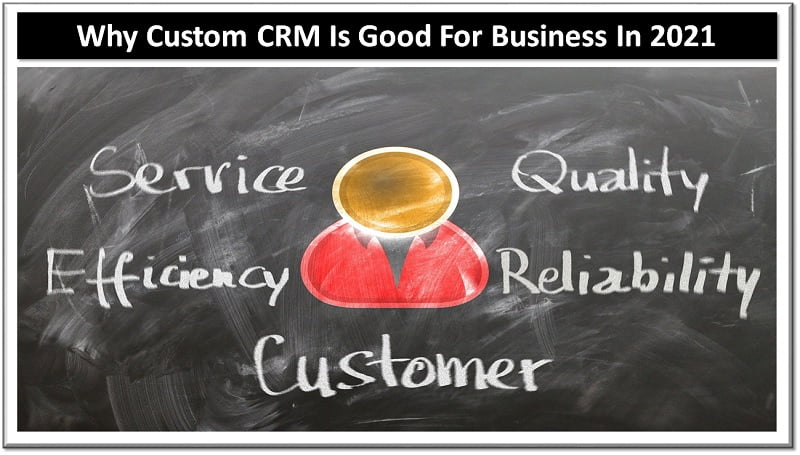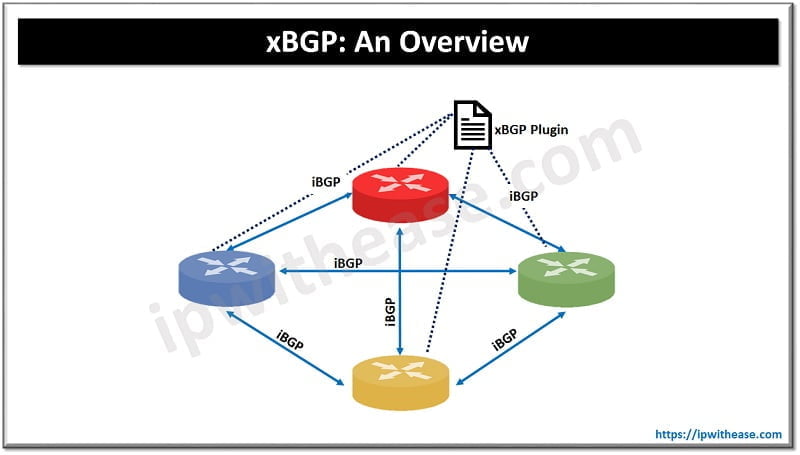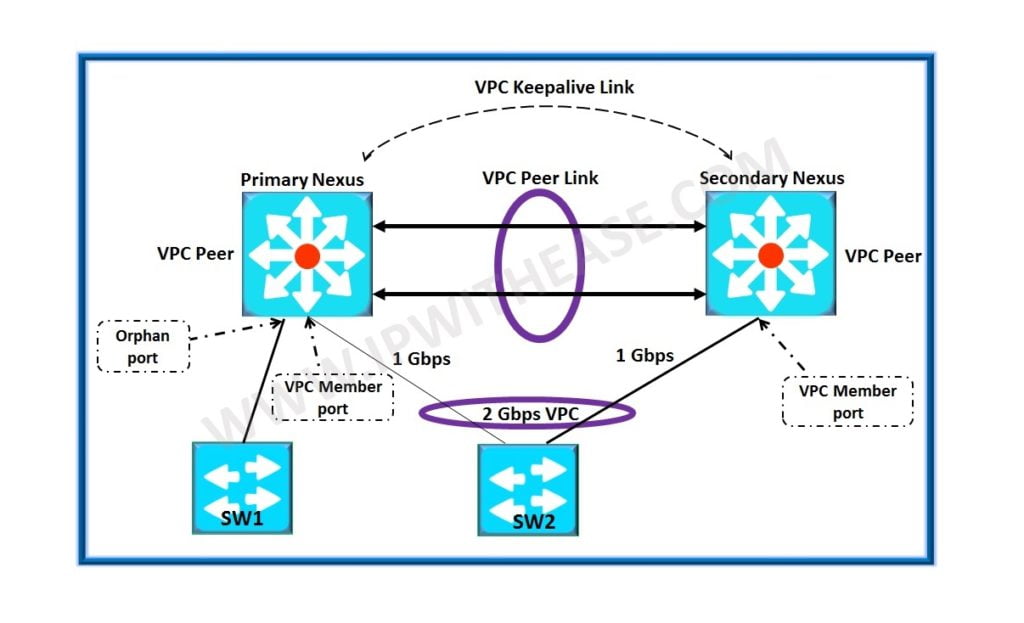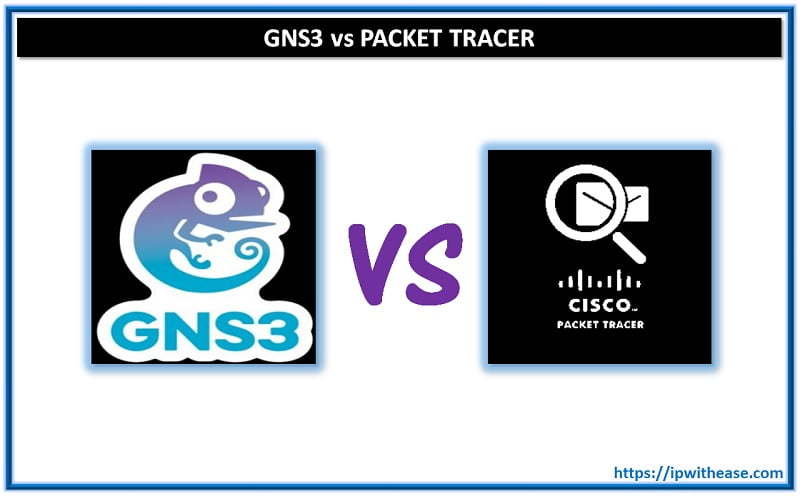Table of Contents
Every business wants more money, more profit, more sales. The company can achieve this with well-established business processes, automation, and systematization of the sales department. CRM-systems contribute to just such an effect.

What is CRM
This abbreviation stands for Customer Relationship Management. With this concept, all business processes and activities are built around the customer relationship.
To put it simply, it is a special program that records everything, fixes it, and builds logical connections. After that, it outputs data that was previously stored in a variety of handwritten notebooks or in Excel tables.
Its goal is to collect as many accurate details about customers as possible, as well as about interaction with them. This is necessary in order to then work better with them and help/sell them more.
Note that the CRM system can also be a file shared by all managers in the Google Spreadsheet. All managers responsible for specific tasks and projects should fill it out. It displays all the data, the customer base. This is a matter of technical nuances and convenience. Although some companies prefer to adjust the customer management software specifically for themselves.
Why CRM-system is important
There are hundreds and thousands of different companies in the market today. Almost every product or service has a direct competitor. And it is getting harder to compete at the expense of a specific product. So now brands are competing on the following criteria:
- Service and approach. It can be the speed of service, attitude toward the customer, or additional services.
- Brand values. This develops brand affinity, brand loyalty through ownership of values, or building community.
To compete with these aspects you need well-thought-out business processes, automation, and CRM systems.
Who needs a CRM system and why
Ideally, everyone needs a CRM system. However, small and medium-sized businesses are most worth mentioning. After all, large companies and brands already keep records and automate all processes. But small and medium-sized businesses need to fight for their customers.
CRM is most often used in the following areas:
- IT;
- HoReCa (hotels, resorts, restaurants);
- fashion retail;
- info-business and training;
- services;
- internet-shops;
- real estate;
- events
Why do small businesses need CRM
The implementation of a customer management system is not always able to bring tangible benefits to the company. If the firm works with a narrow circle of regular partners or under one large contract and is not engaged in regular search and attraction, there is not much to consider. But when a company is actively seeking new sales channels and allocating funds for advertising, every lead counts. You should not miss leads because you paid little attention to the sales funnel and the organization of the work of managers. You will simply waste a portion of your advertising budget. The reason for the low return on advertising may lie in the inefficient processing of applications. It doesn’t depend on the size of the business.
The loss of potential customers is one of the main problems that custom CRM development can solve with proper configuration. Some services are integrated with the site and telephony. The information about the client comes from the order form in the CRM, a new transaction is created automatically. All requests and calls are immediately entered into the system, and no lead will be missed.
Processing of all possible contacts is just one of many tasks. In addition, the small business CRM helps:
- Customer retention. When all information and history of relations with the buyer is in front of the responsible manager, he offers exactly what he needs. If the manager is fired, CRM platforms will save the data, and another employee will be able to continue communication.
- Organize joint work. Small companies often do not have a clear division of responsibilities – everyone does everything. Such “universal soldiers” have a big disadvantage – it is impossible to understand who is responsible for what. Most of the modern CRM systems have features for collaborative work.
- Create a convenient customer base. Sometimes it is necessary that not only the manager who works with them has access to information about the partner. CRM has data access settings.
- Manage the finances. The CRM functionality allows you to create reports. Based on them, you can identify key customers and the most profitable products and services.
- Track the efficiency of your employees. Using a time tracking tool, you can track how many hours employees spend on tasks, find idlers and effectively distribute the workload.
- Increase sales. Managers process all incoming leads, do not forget about important meetings, calls, and letters. They know more about the client and offer what he needs. Satisfied partners come back again and sales go up.
- Save time and keep up more time. In CRM, you can automate many routine operations — invoicing, reporting, organizing calls, and mailing lists. When all the data is stored in one place, you do not have to spend a lot of time searching in different sources — mail, excel, diary, dozens of folders in the closet and on the computer.
- Analyze results and keep statistics. In CRM, you can sort data by different criteria and create reports. You will see how many customers are at each stage of the funnel, how much time passes from the first contact to the closing of the transaction, at what point the most leads are eliminated, and why, what is the budget of the projects that are currently in operation.
- Finish the deal. Knowing what stage of the sales funnel each lead is at, and what actions should be taken to push it further, your managers will close more deals without losing customers halfway.
CRM solves problems that matter not only to large corporations. On the contrary, the smaller the business, the more important it is to keep costs down and squeeze the most out of advertising budgets.
Conclusion
CRM is a modern, effective tool that helps you get to the next level and get ahead of your competitors. To make the system take root in a small company, it is better to choose a simple service with a maximum set of tools. This will save time and money.
Choosing a CRM, you must proceed from the needs and objectives of a particular business. The implementation process should be approached responsibly, and at first, prepare the employees for it. To improve efficiency and bypass competitors, optimize business processes. Otherwise, no CRM will help.
Continue Reading:
Top 5 Network Simulation Tools
ABOUT THE AUTHOR
IPwithease is aimed at sharing knowledge across varied domains like Network, Security, Virtualization, Software, Wireless, etc.



